Cheat Meal On Low Carb Diet
A guide to low-carb & keto diet cheating
- Reasons to cheat
- Side effects
- Cheating without cheating
- Cheating smart
- Getting back on track
To cheat or not to cheat? That is the eternal question.
Almost everyone is occasionally tempted – are you? This five-part guide will help you think through low-carb cheating… and if you do decide to cheat, it will help you do it smarter.
In truth, we dislike the term "cheating." We use it since many people relate to it, but what does it really mean? Does it mean you are "getting away with something?" Does it mean you are gaining something unfairly? What it really means is that you are just cheating on yourself.
That's why we prefer the term "going off plan." That shows we have a plan, we are moving towards a goal, and sometimes we go off plan. And sometimes that's OK, as you will read in this guide. However, since "cheat" is a commonly used term that many people relate to, we do use it frequently in this guide.
1. Bad and less bad reasons to cheat
Why cheat? Some reasons are better than others.
Bad reasons
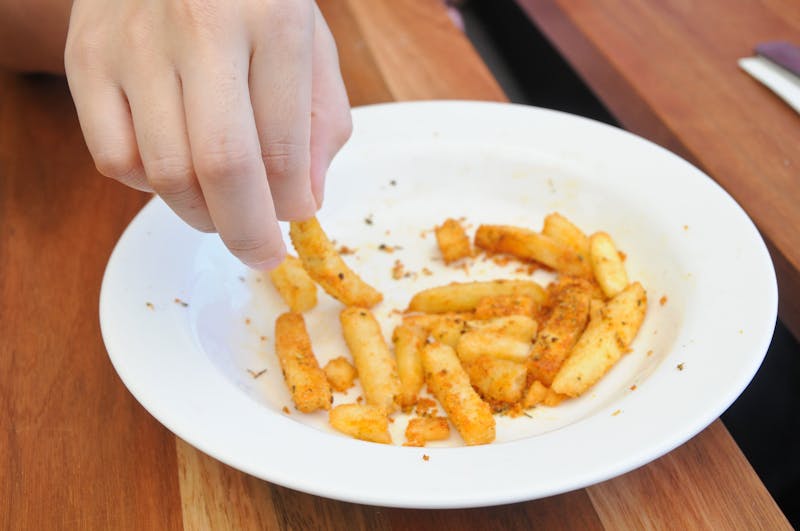
Politeness or wanting to fit in
Aunt Martha will get over it when you skip her gooey dessert. Your dining companion's surprise when you swap out potatoes for extra veggies is typically fleeting. Don't overplay others' interest or investment in your personal dietary choices.
Remember, people are usually wrapped up in their own experience and quickly move on from yours.
However, some people do get overly curious about your food choices. When that happens, be ready with a line like, "I'm sorry, I have a sensitive stomach."
Impulsivity
An impulsive reach into that bowl of candy is an unsatisfying cheat. A last minute decision to eat a few of those cold French fries on your kid's plate is rarely that satisfying.
Planned cheating can empower – random cheating undermines. Be true to yourself and stick to your cheating plan.
Bad planning
Grabbing a mediocre two-day-old sandwich from a gas station is a wasted cheat. Anything worth cheating on yourself for is, by definition, delicious. That stale sandwich is not.
Keep quality low-carb emergency food in your car, purse, or briefcase so you never cheat because you are starving.
- For tips about on-the-go low-carb foods, check out our travel guide.
- For great snack ideas, check out our low-carb snack guide.
- For how to eat at restaurants and eateries, check out "How to Eat Low-Carb When Dining Out".
Less bad reasons

To stick with low-carb long term
A low-carb lifestyle lasts forever – if you go back to your old ways, the unwanted illness or pounds will likely creep back into your life.
Although it sounds counter-intuitive, occasional, deliberate cheating can help some people stick with their low-carb lifestyle forever. Here's how:
- Knowing you can cheat occasionally reduces the feeling of deprivation.
- Planned exceptions can help keep you from feeling deprived of a favorite indulgence.
- Deliberate cheating gives your diet a bit more variety and makes you more flexible.
Most of us don't have to be perfect. Cheat consciously and then immediately return to the healthy low-carb lifestyle you love.
Some of us, however, will have a more difficult time getting back on plan after a temporary detour. Which camp are you in? You may have to experiment to find out, but the resulting knowledge is empowering and will help you decide if planned diversions will work or not.
To take advantage of rare opportunities
Your favorite dessert – pumpkin pie – made just once a year by a dear family friend… perhaps this is a time to make an exception to your no-dessert rule.
 Or that carefully spiced pyramid of couscous, served with stewed meat on your once-in-a-lifetime trip to Morocco… again, perhaps this is a worthy exception (if you like couscous).
Or that carefully spiced pyramid of couscous, served with stewed meat on your once-in-a-lifetime trip to Morocco… again, perhaps this is a worthy exception (if you like couscous).
Cutting yourself some slack to savor unique moments or unique flavors is probably a good use of your 'cheating allowance.'
But keep in mind that birthday cake in the break room is not a rare or special occasion.
2. Side effects of cheating

So, there are bad and better reasons to cheat. What are the typical side effects of cheating?
Hunger and cravings
Many carbs make you hungry. You know this if you have given them up for any meaningful period of time. Cheating means potentially inviting hunger and cravings back into your life.
Proceed with caution – you could end up in trouble.
Weight gain
Cheating nearly always leads to immediate weight gain. First, too many carbs put your body back in fat-storing mode. Second, carbs can lead to hunger and cravings hence you eat more. Third, the water weight associated with high-carb diets returns.
Want to look and feel your best? Cheat rarely and carefully.
Blood sugar spikes
If you are keeping diabetes at bay with your low-carb or keto diet, cheating is generally a bad idea. When you eat too many or the wrong type of carbs, your blood sugar can increase to unwanted high levels. Over the long run, you can increase the risk of long-term complications like blindness, dementia, amputations, etc.
On the other hand, every time you manage to avoid a cheat, you're one step closer to reversing your type 2 diabetes.1
For those with diabetes or prediabetes, the price of cheating may be too high.
Sickness and acne
For some of us, cheating can lead to dramatic and fairly immediate setbacks – bloating, stomach upset, or gas. Some people get acne and other types of skin trouble, too.
If this happens to you, is cheating really worth it?
Feeling bad
One of the most annoying effects of cheating is that you often don't feel great after having cheated. In addition to weight gain, blood sugar spikes and so forth, your mood can suffer – enthusiasm, focus, and confidence fall.
This is tough – and with hindsight, makes the decision to cheat seem questionable.
Addiction
For those of you who are sugar (or carb) addicts, it's potentially really dangerous to cheat. Sugar addiction is likely real.2 Eventhough debate exists, many scientists agree that sugar is psychoactive – it triggers the reward centers in your brain (similar to other addictive drugs). As a result, relapse can be immediate.
Cheating on yourself
Finally, let's be clear about what cheating means. Simply put, 'to cheat' means:
- to take something from someone by breaking a rule; or
- to prevent someone from having something that he or she deserves or was expecting to get.
Remember this: when you stray from your low-carb lifestyle, the someone who loses out is you. You are not cheating on 'a diet' – you are cheating on yourself.
3. Cheating without cheating
Is it possible to cheat without guilt or bad side effects? Certainly. These tips will teach you how to cheat without cheating.
Make low-carb substitutes

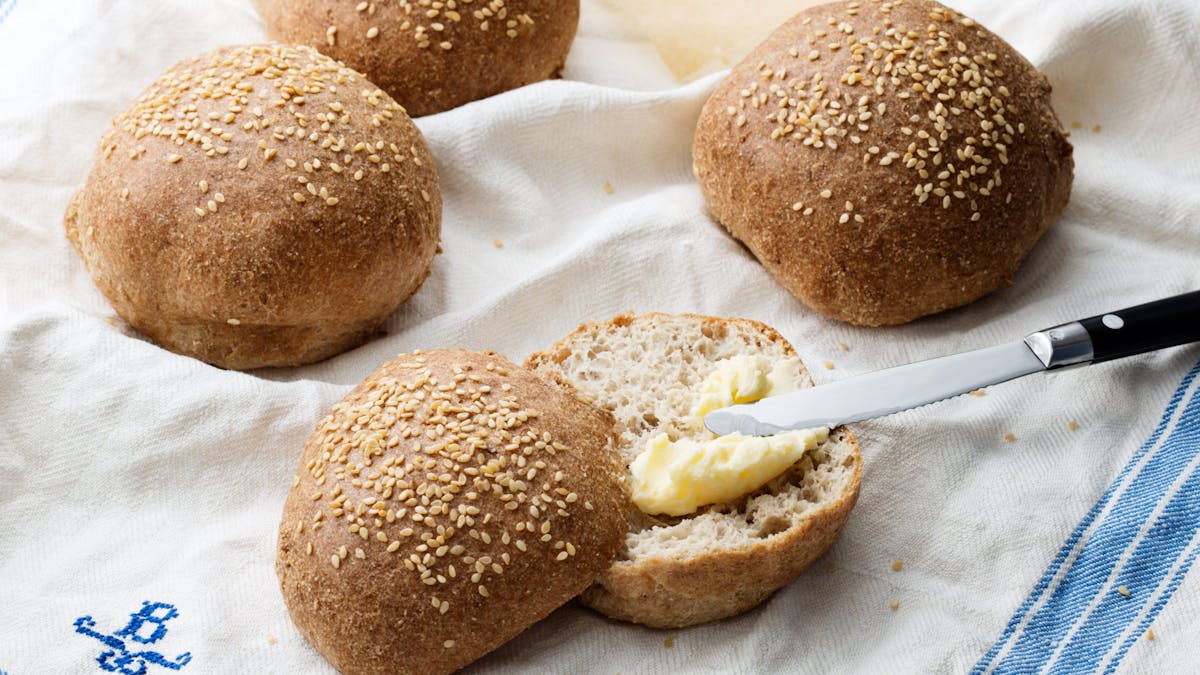
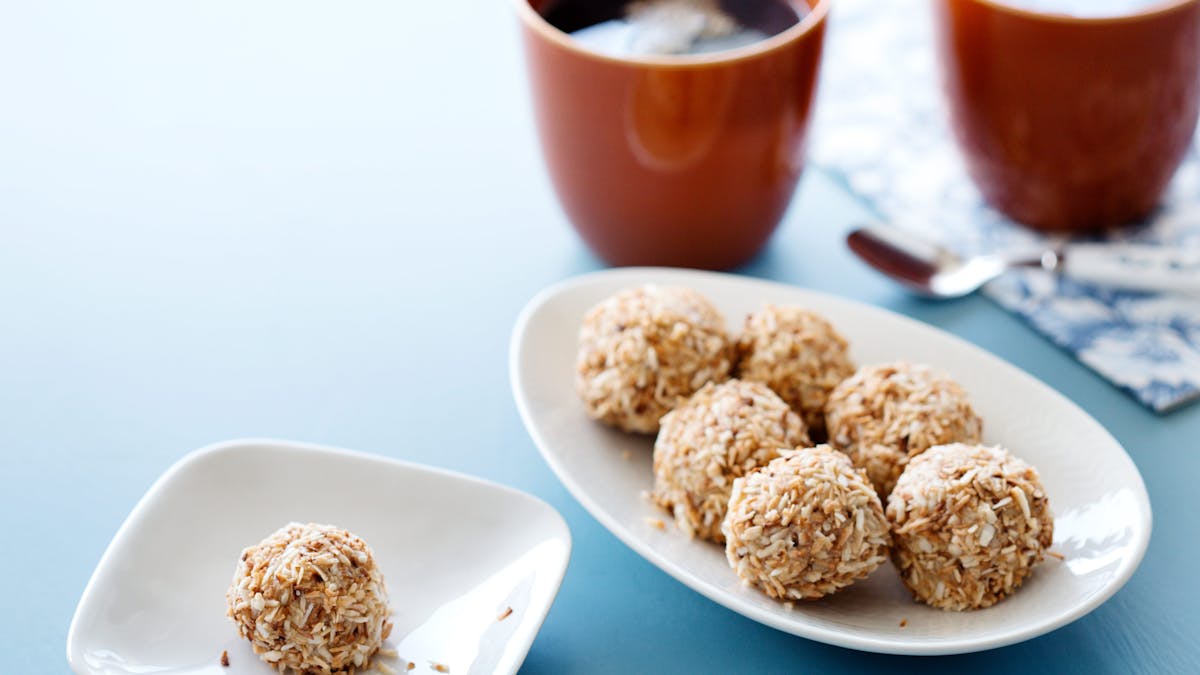
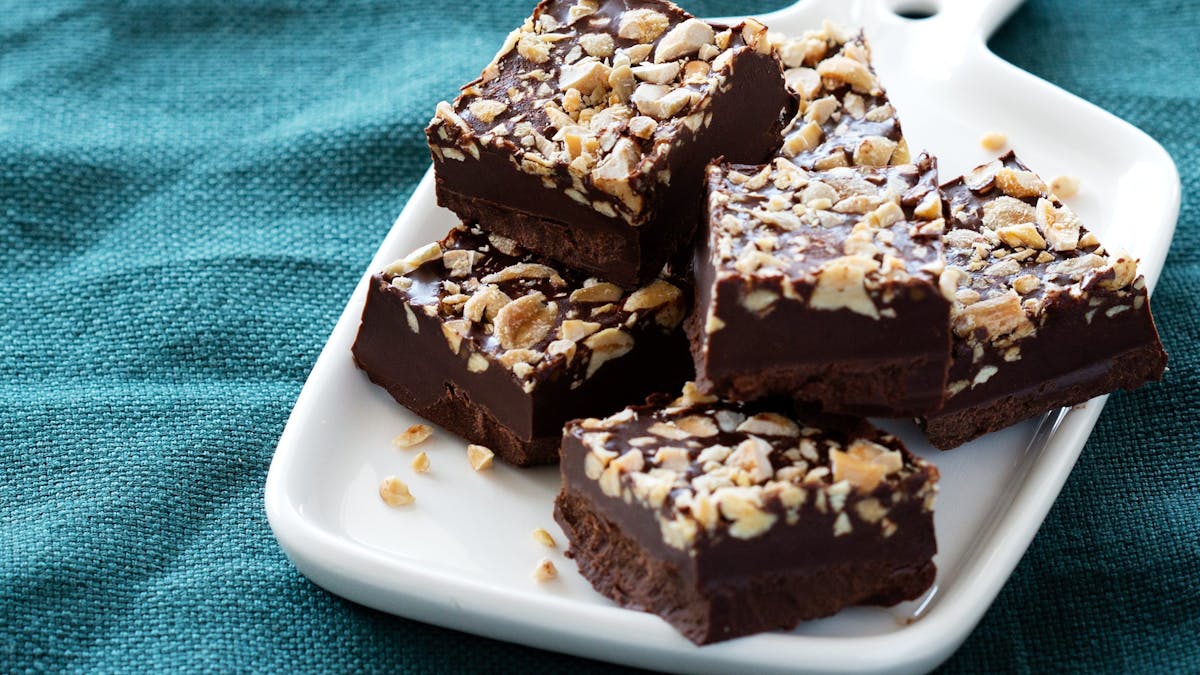
Dying for some pizza? Before digging into an unhealthy and probably mediocre pizza that will make you bloated, how about eating the delicious and healthy keto pizza?
Jonesing for some bread? Skip the blood sugar spike from a traditional loaf and instead eat this totally awesome keto bread instead!
Crave dessert? Before going for unhealthy options, try fat bombs, frozen treats, and brownies! You'll love them. But just because they are low carb doesn't mean they are low calorie! If you are trying to lose weight, even low carb desserts are still a treat for occasional, rather than regular, consumption.
There are more fantastic low-carb recipes for many of the comfort foods you crave. Cheat by eating these substitutes and you'll enjoy fantastic flavors without the guilt. That's cheating without cheating.
Cheat your mind with this delay tactic

Tempted to eat that chocolate croissant on the breakfast buffet? Tell yourself, "I can have it, I'm just going to eat something else first." Then, load up on scrambled eggs and crispy bacon and other low-carb favorites. Eat as much as you want. What happens? Your croissant craving is so diminished you don't even want it anymore. Well done!
Tempted to eat dessert at the dinner party you're attending? Tell yourself, "I'll wait and have chocolate when I get back home instead." Later, at home, time has passed and your food environment has changed – you're no longer watching friends inhale a tempting dessert. This reduces your urge for something sweet and makes it easier to skip the chocolate – and dessert – entirely!
These are examples of the mind games many of us play to avoid cheating. They work. Use them to help yourself stay on-plan.
If you really want to stay away from cheating – if you have a sugar addiction for example – use this classic tool. Tell yourself that yes, you can have what you want – tomorrow. Absolutely not today, but tomorrow you can have it.
Of course, tomorrow you'll use the same tool.
Cheat your cravings with low-carb snacks

Feeling hungry and crave carbs? Having low-carb or high-protein snacks at hand is a great way to kill those feelings before they overpower you.
Bring low-carb snacks such as walnuts, macadamia nuts, no-sugar jerky, or cold cuts with you at all times. When a craving strikes, act quickly and eat low-carb food before you cave into high-carb temptations.
For more great snack ideas, check out our low-carb snack guide.
If intermittent fasting, cheat with fat

If you are fasting intermittently it can sometimes be a little hard to get through the day without eating. If you find yourself tempted to break your fast before you planned to, do it with pure fat – coconut oil or butter in coffee or tea are great choices.
Doing this will take the edge off your hunger without knocking you out of the fat burning state intermittent fasting delivers.
4. Cheating smart
While we don't encourage cheating, we do want you to cheat in the smartest way possible if you do. Cheat smart with these nine tips:
Cheat deliberately
Be in charge and cheat consciously. You are cheating on yourself, so cheat in the best way possible. Do you do better with a strict daily regimen with an occasional day off? Or, will you feel less deprived with a small, daily off-plan indulgence? Can you maintain weight while cheating twice a week? Know thyself.
Writing down your intentions can help. Try this:
- Keep track of your cheating – write down when you cheat and what happened. A log will help you gauge how much you are cheating and understand the side effects.
- Set clear rules about the frequency and type of cheating you will and won't allow. Write them down and post them in the kitchen.
Cheat with foods that are not high in carbs
This one is obvious, but so many people miss it. Cheat with the least bad choice possible. If you must eat regular pizza, thin crust is better than thick.
If you have decided to splurge on dessert, is there a cup of chocolate mousse or piece of cheesecake that will be lower-carb than that slice of frosted layer cake? All three are sweet, but the mousse and cheesecake contain more fat and fewer carbs than frosted layer cake. Be careful, however, as the calories can quickly add up. Be sure to limit your portion size!
Just because you are cheating doesn't mean you have to throw all caution to the wind. Minimize the damage.
Cheat with small portions

When eating carbs, the less carbs you eat, the better. If you decide it is worth it to eat something off-limits, how about a taste – just one bite?
For example, if you crave a sweet finish to your meal, a bite of someone else's dessert is a better choice than ordering your own. And ordering one dessert to share with your companion is better than ordering one for each of you.
Don't be afraid to leave sugary or starchy cheat foods on your plate after just one or two bites. Go ahead – waste the rest without regret. Finishing a carb cheat when you don't really want it is not smart.
Cheat after a meal
 Yes, your grandmother was right when she insisted you eat that chocolate chip cookie after you finished your lunch. The timing of your food really does matter.
Yes, your grandmother was right when she insisted you eat that chocolate chip cookie after you finished your lunch. The timing of your food really does matter.
Starting with healthy low-carb or keto dishes reduces your appetite for the bad stuff so you will cheat less. Additionally, eating protein and fat first slows down the absorption of glucose into your blood and reduces the intensity of your blood sugar spike.
Cheat late in the day
Stick with your low-carb lifestyle during the day and only consider eating carbs after dinner. This helps in two ways – it limits the window for cheating and keeps your body in low-carb mode for the majority of the day. If you are taking advantage of mild ketosis, cheating late maximizes the time you spend burning ketones.
Cheat with less sugar
Once adapted to low-carb eating, your tastes change – especially your sensitivity to sugar. Sweet treats that used to taste just right will now taste too sweet. Take advantage of this natural improvement in your palate's sensitivity. Go darker on the chocolate; put less sugar in your yogurt.
Whatever it is, when it comes to sugar, less is more.
Cheat with added fat
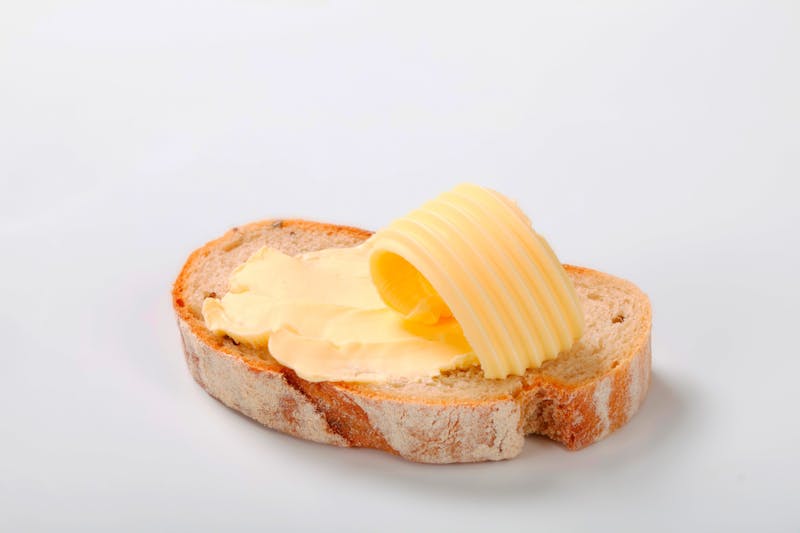
Dilute the carbs! Add butter to bread, cream to peaches, and cheese to crackers.
If you pair your carb cheat with delicious fats you'll eat less of the carb yet feel more satisfied. Plus, you'll slow down the absorption of glucose into your blood and reduce the resulting blood sugar spike, which means less insulin and less hunger.
But keep in mind, this only works if you actually reduce the carbs. If instead, you simply add fat to the same amount of carbs, then you aren't doing yourself any favors. In fact, you'll increase the calories and create a high-carb/high-fat environment that can be problematic. So use fat to reduce your carbs!
Cheat with food that matters to you
Make your carbs count. Don't settle for that ordinary, supermarket-made lemon square your neighbor brought to the potluck. Instead, wait for your favorite – a sliver of lemon meringue pie – from the corner bakery.
Choose what you love and save your cheating for exactly that.
Cheat before or after activity

Cheating before or right after vigorous activity is the least bad time to cheat. If you eat carbs before a workout, your activity will burn off some of them so they don't make it to your fat stores.
If you cheat immediately after a workout, your glycogen stores are depleted so some of the carbs you eat will replenish glycogen rather than convert to fat.
Don't over-estimate the effect of exercise though… it's not as important as most people think. While activity can reduce the damage of occasional cheating, you simply can't outrun a bad diet.
5. Finally: Getting back on track – fast
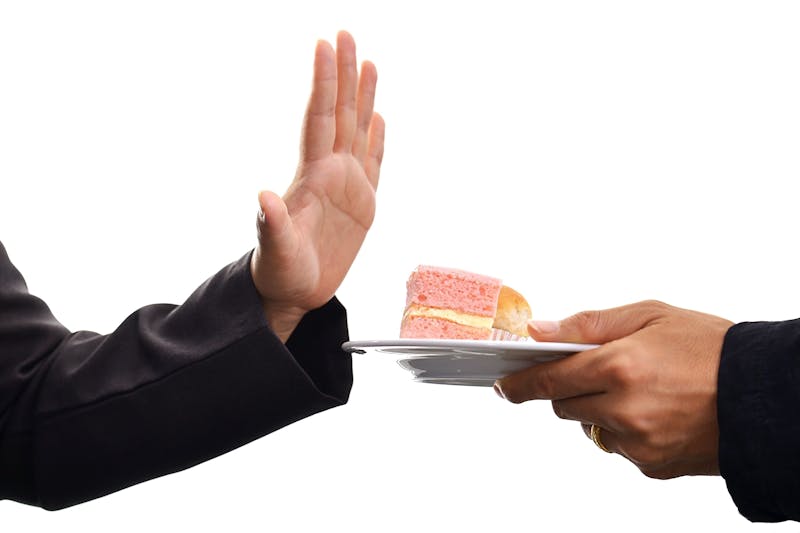
When it comes to cheating an old saying applies – Get right back on the horse! When you have cheated, even if you broke your own rules, don't beat yourself up. Remember that it sometimes happens to everyone – yes, everyone. So just get right back on the low-carb track.
Here's how:
Anticipate extra hunger and cravings
Prepare yourself for the extra hunger and extra cravings that typically come after cheating. Double down, recommit, and don't look back. You can do this!
Learn from your cheat
Analyze the situation that led to cheating. Understanding your craving triggers and eating behaviors can help you avoid future setbacks. It is a process – keep learning and improving.
Forgive yourself
Beating yourself up for having cheated is not helpful. Be kind to yourself. Low carb, like life, is a journey – detours do happen. Don't sweat the small stuff. Keep your eye on your long-term goal and return to low carb with confidence.
This not only helps you feel better – it also helps you succeed. Feeling bad just diminishes willpower and makes it easier to fall for more temptations, in a vicious cycle. Instead aim to forgive yourself instantly. It's done, it's over, it was a small thing in the grand scheme of things.
Feel good, knowing that you're back on track now – that's all you can do, and it's all that matters.
A final word
Remember – cheating is a tool. Like any tool, it can help or it can harm. Maybe cheating isn't right for you. Maybe it is. But if you do decide to cheat, do it smart. Develop great habits with deliberate exceptions.
And if you do decide it's time for an exception, then enjoy every bite!
About
This Diet Doctor guide was written by Jenni Calihan, who also blogs at EatTheButter.org. Editing by Andreas Eenfeldt, MD.
Know other people who could benefit from reading this? Consider sharing, by pressing the Facebook icon at the top of your screen.
Visual low-carb guides
More low-carb guides
Source: https://www.dietdoctor.com/low-carb/cheat

Tidak ada komentar: